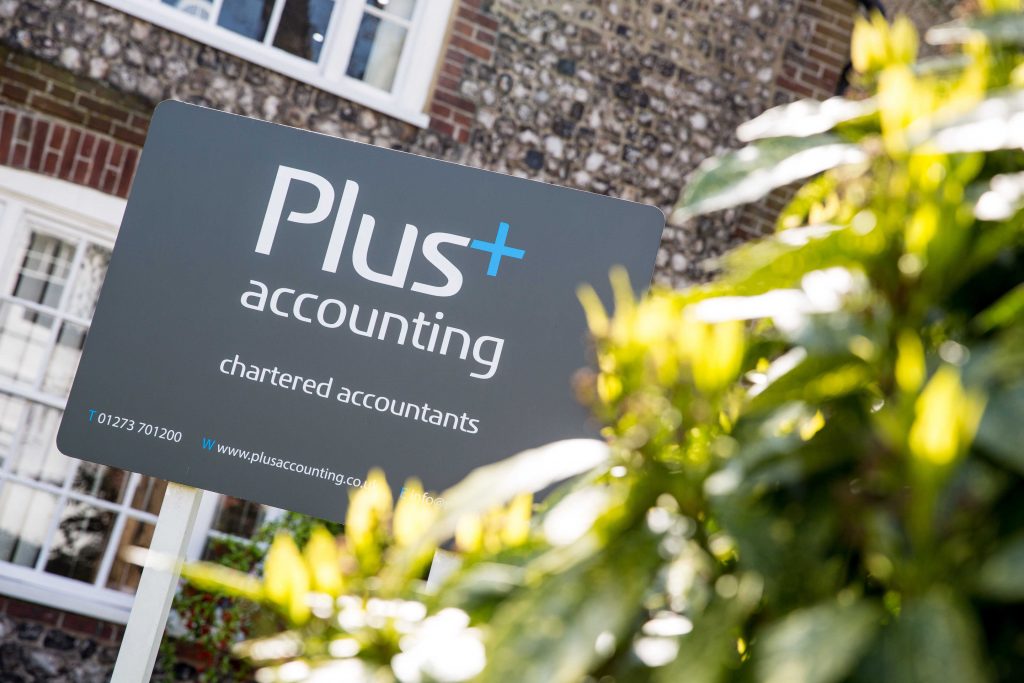In the Chancellor’s Autumn Statement he announced that the personal allowance of £12,570 will be frozen for a further 2 years to 2028 along with the higher rate threshold of £37,700, and the basic rate of income tax will remain at 20% “indefinitely”. This reverses the previous plan to reduce the rate to 19% from 2023/24. The 45% additional rate threshold will reduce from £150,000 to £125,140, as opposed to the previous plans (from the September “mini-Budget”) to abolish the 45% rate altogether.
This means that many people will find that they are going to be paying more income tax by being pulled into the higher and additional rate bands of income tax over the next five years.
Below are the proposed changes to the personal allowance and income tax rates.
Personal Allowance
The personal allowance from 6 April 2023 remains at £12,570. This means the first £12,570 of income is tax free.
The personal allowance will continue to be restricted if your total income from all sources exceeds £100,000 and where total income from all sources is over and above £125,140, the personal allowance is reduced to nil.
Higher rate threshold
The higher rate threshold in England, Wales and Northern Ireland from 6 April 2023 remains at £37,700.The income tax rates in Scotland are different.
This means that if your total income from all sources is more than £50,270, you will start to pay 40% income tax on your income over and above £50,270 (please note that this figure includes the personal allowance of £12,570).
Where total income is more than £125,140 (2022/23 – £150,000), then the additional rate will apply, and this remains at 45%. That figure has been chosen because it is the point at which the personal allowance taper for income over £100,000 results in that allowance being withdrawn completely.
Dividend allowance
The tax-free dividend allowance will be reduced from £2,000 to £1,000 for 2023/24, and then to £500 for 2024/25.
The Impact
The impact of these changes is that more people will find themselves paying income tax possibly for the first time or becoming a higher or additional rate income tax payer for the first time.
Where your income may exceed £50,000 for the first time, and if as a family you are in receipt of child benefit, you may have to pay all or some of it back as you will be impacted by the High-Income Child Benefit Tax Charge.
There may also be a need depending on your personal circumstances for a self-assessment tax return to be prepared for the first time.
Here at Plus Accounting we will be very happy to help you with your personal tax affairs with our personal tax services.
Author: Plus Accounting
Any views or opinions represented in this blog are personal, belong solely to the blog owner and do not represent those of Plus Accounting. All content provided on this blog is for informational purposes only. The owner of this blog makes no representations as to the accuracy or completeness of any information on this site or found by following any link on this site.
Date Published: 04 March 2021
Last Updated: 07 March 2023


